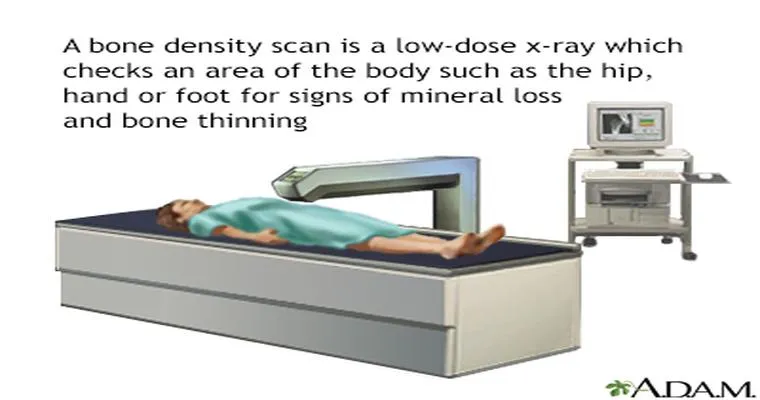A "DEXA bone density test", also known as dual-energy X-ray absorptiometry, is a medical imaging technique used to measure "bone mineral density" (BMD). This test is crucial for the early detection of osteoporosis and other conditions that lead to weakened bones. By assessing BMD, healthcare professionals can evaluate an individual's risk of fractures and determine the need for preventive treatment.
The DEXA test is non-invasive and typically takes only about 10 to 30 minutes to complete. During the procedure, the patient lies on a table while a small amount of X-ray radiation is passed through the bones. The DEXA machine measures the amount of radiation that is absorbed by the bones and calculates the density based on this information. The results are compared to standard values to determine if the bone density is normal, low, or indicative of osteoporosis.
One significant advantage of the DEXA bone density test is its accuracy. It is recognized as the gold standard for measuring bone density and is widely used in clinical settings. Healthcare providers often recommend this test for individuals who are at a higher risk of bone density loss, including postmenopausal women, older adults, and those with a family history of osteoporosis.
Understanding the results of a DEXA test is essential for making informed health decisions. A T-score is used to interpret the results, which compares the individual's bone density to that of a healthy young adult. A T-score of -1.0 or higher is considered normal, while scores between -1.0 and -2.5 indicate low bone density, and scores below -2.5 signify osteoporosis.
In addition to diagnosing osteoporosis, the DEXA test can also be instrumental in monitoring the effectiveness of treatment over time. For patients undergoing therapy for osteoporosis, regular DEXA scans help assess whether their bone density is improving or declining, allowing for timely adjustments to their treatment plan.
Overall, the DEXA bone density test is a vital tool in maintaining bone health. By identifying individuals at risk of osteoporosis, healthcare providers can recommend lifestyle changes, medications, and other interventions to protect against fractures and promote strong bones. If you have concerns about your bone health or risk factors for osteoporosis, consider discussing the DEXA test with your healthcare provider.





